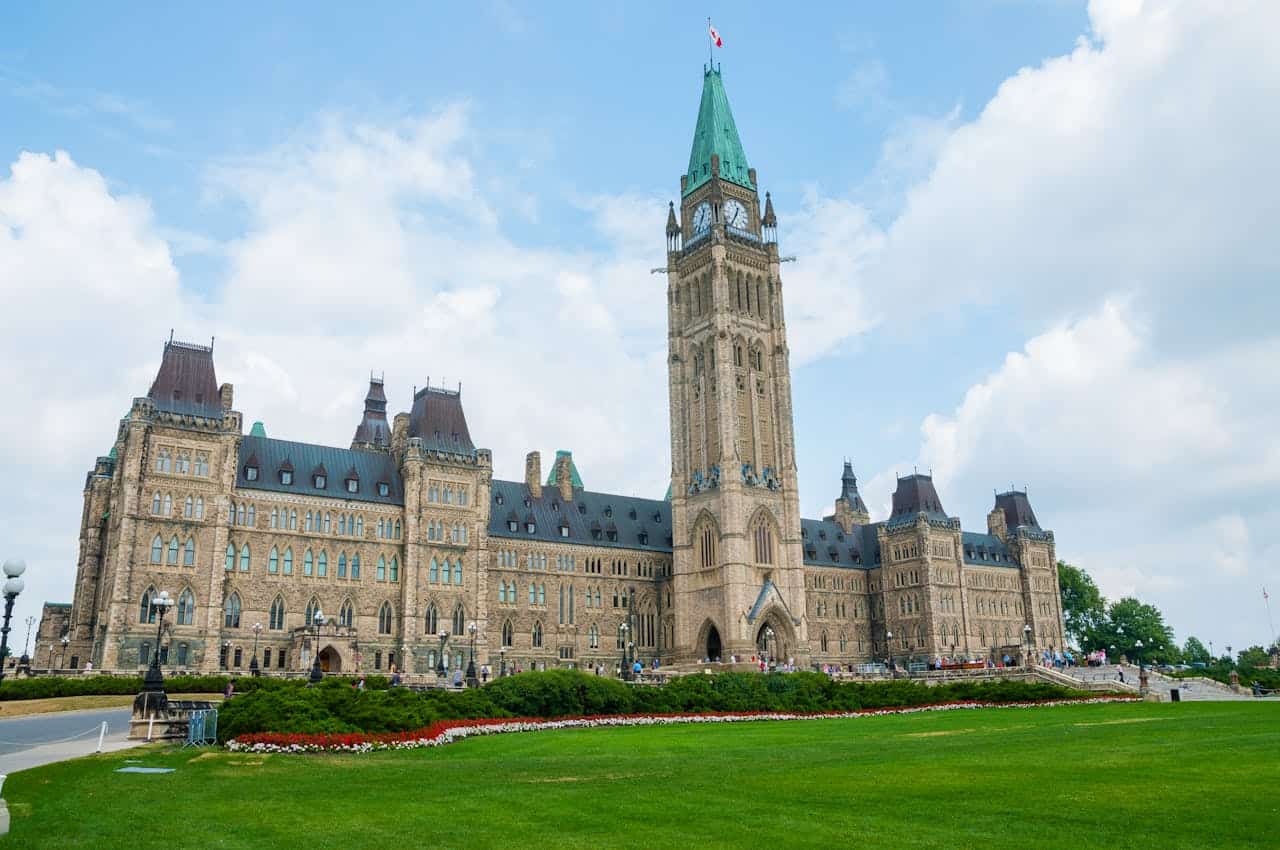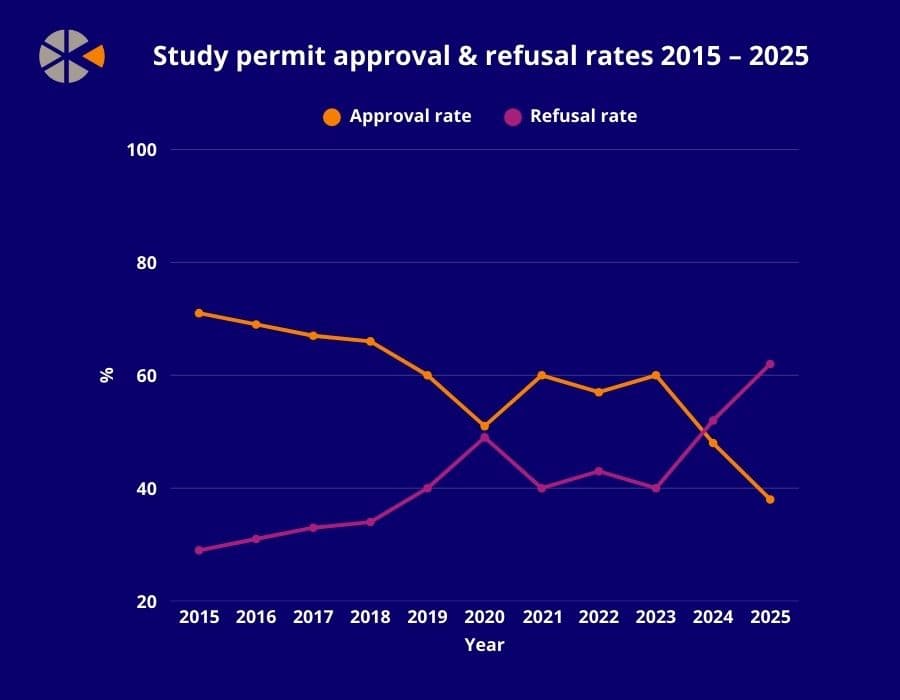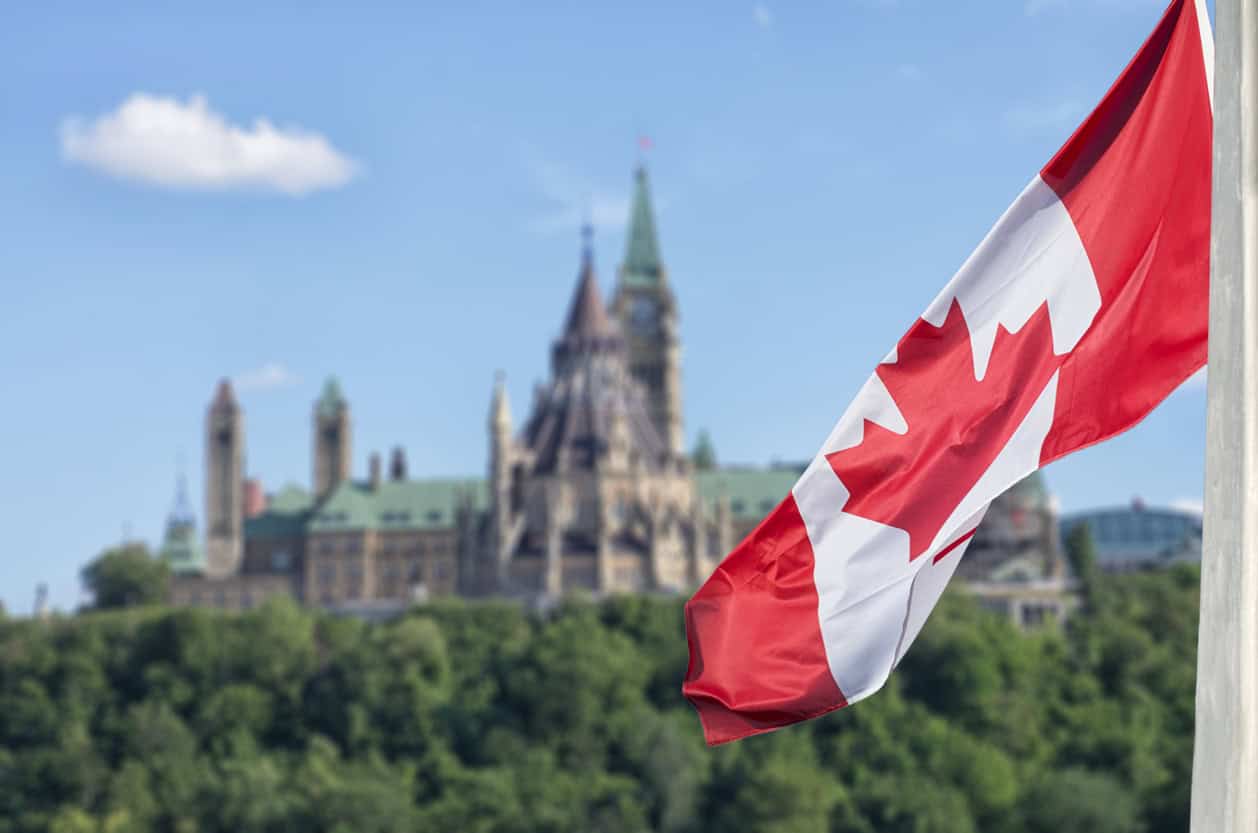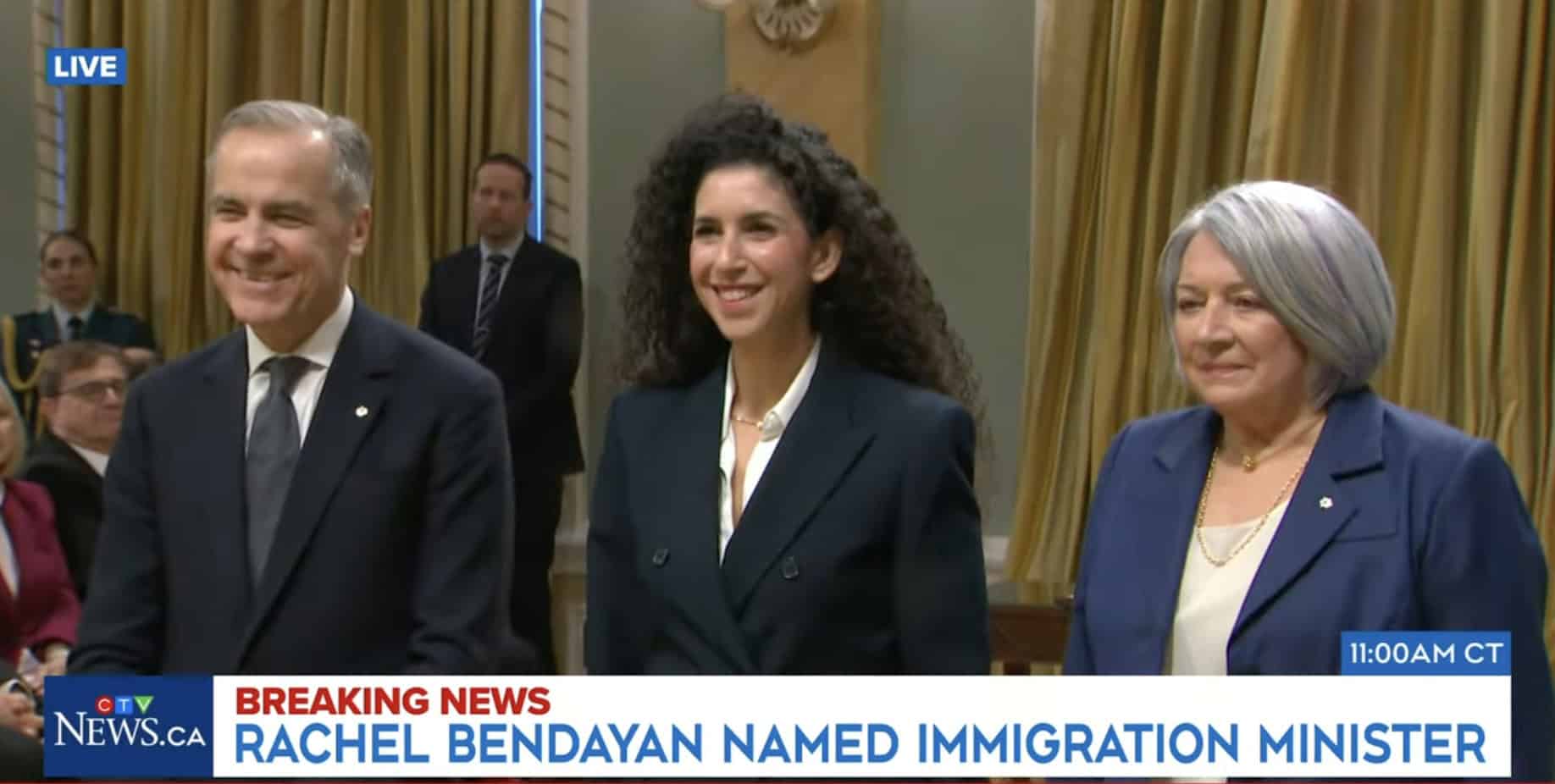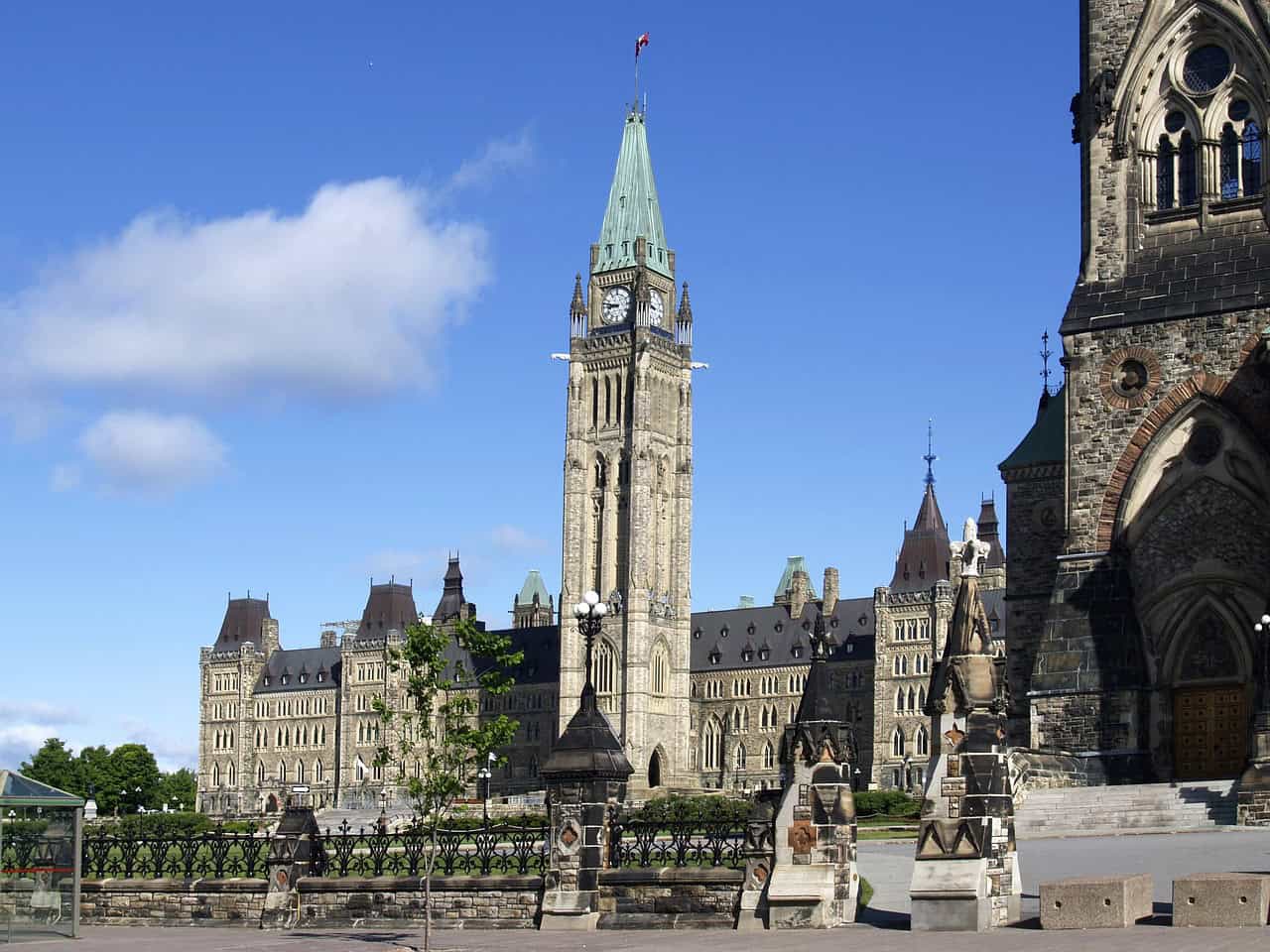New IRCC data has revealed plummeting international student arrivals from January to August this year, with stakeholders bracing for further declines as the government pushes forward with efforts to reduce temporary residents in Canada.
“The international education sector is rightly concerned that study permit approvals are far below the caps, but the news release makes clear that those concerns are not shared by the Carney government,” Regulated Canadian Immigration Consultant (RCIC) Matthew McDonald told The PIE News.
The figures showed less than 90,000 new international students entered Canada from January to August 2025, making it highly unlikely that Canada will meet its goal of issuing 437,000 study permits this year, as announced in January 2025.
While international student arrivals have fallen by 60%, the government has painted the figures as a “story of success” in reducing Canada’s temporary resident population, said McDonald.
Taken together, the number of work permit holders and study permit holders decreased by 22% from August 2024 to 2025 – a trend that the IRCC said was “a clear sign the measures we’ve put in place are working”.
The drop has brought the total number of study permit holders (including those who hold a work and study permit at the same time) down to 802,425 – 21% less than in 2024 and the lowest level since 2021 during the pandemic.
It sets Canada on track to drastically miss the government’s target of issuing a total of 437,000 study permits this year, which was a 10% reduction of the original 2024 cap.
Given the expected shortfall, stakeholders are calling for greater transparency about IRCC’s objectives, highlighting the detrimental impact of the decline on institutions whose budgets were largely guided by the 10% cap.
The TR data release is a weather balloon … to see if the Canadian public accepts the message that immigration is now under control in Canada
Matthew McDonald, RCIC
The timing of the release less than two weeks ahead of the 2025-2027 Immigration Levels plan has not gone unnoticed by commentators, who are expecting an update to align with the incoming 2025 budget and the shifting vision of Canada’s long-standing openness to immigration.
“The temporary resident (TR) data release is a weather balloon, alongside updated processing times, to see if the Canadian public accepts the message that immigration is now under control in Canada,” said McDonald.
“The Carney government is concerned about the floor, not the ceiling—i.e., about wrestling down the TR population below 5%,” he added.
Currently, the government aims to reach the 5% goal by the end of 2027, with Carney acknowledging it will take several years to reduce TR levels by restricting those coming in and transitioning more temporary residents to permanent residency.
Notwithstanding any surprises in the upcoming budget and Immigration Levels Plan, McDonald said he expected the government to “hold their foot” on new study and work permit approvals for several years to come.
Ahead of the federal budget announcement, the Canadian Bureau for International Education (CBIE) is urging the government to launch a renewed International Education Strategy to “restore Canada’s global brand to bolster its foreign policy and trade relationships”.
The body highlighted the economic contributions of international students who contributed nearly CA$40bn to the country in 2022, boosting local communities and filing labour shortages.
What’s more, CBIE emphasised the cultural perspectives international students bring to Canada’s campuses and their importance to the country’s soft power, with students who leave becoming ambassadors for Canada in their home countries.

